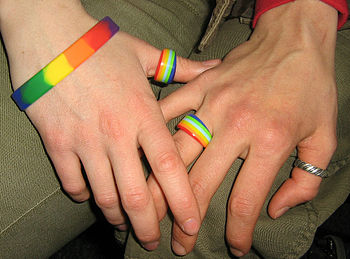| A woodcut from 1598 shows an exorcism performed on a woman by a priest and his assistant, with a demon emerging from her mouth (Photo credit: Wikipedia) |
It is difficult to question the fact that media content can impact attitudes and beliefs. We have seen countless examples of the effects that propaganda can have, and few would question whether what we see on cable news these days has any impact on our political climate. Moreover, there is a large body of scientific research demonstrating that television violence affects children in some unfortunate ways. Nobody is claiming that everyone exposed to certain media content will be affected by it in the same manner, but it is generally accepted that media content can have an effect on at least some people.
Having recently watched Insidious and The Conjuring, both of which I enjoyed, I cannot help wondering if there is any connection between the frequent depictions of demonic possession and exorcism in the horror genre and real-life exorcism. While I agree with those suggesting that religious institutions deserve much of the blame for the occurrence of exorcisms today, I wonder whether the horror genre I love so much might have at least something to do with shaping public attitudes toward things like demonic possession and exorcism. If nothing else, do they promote the idea that demonic possession is real and that rituals like exorcism are the solution?





